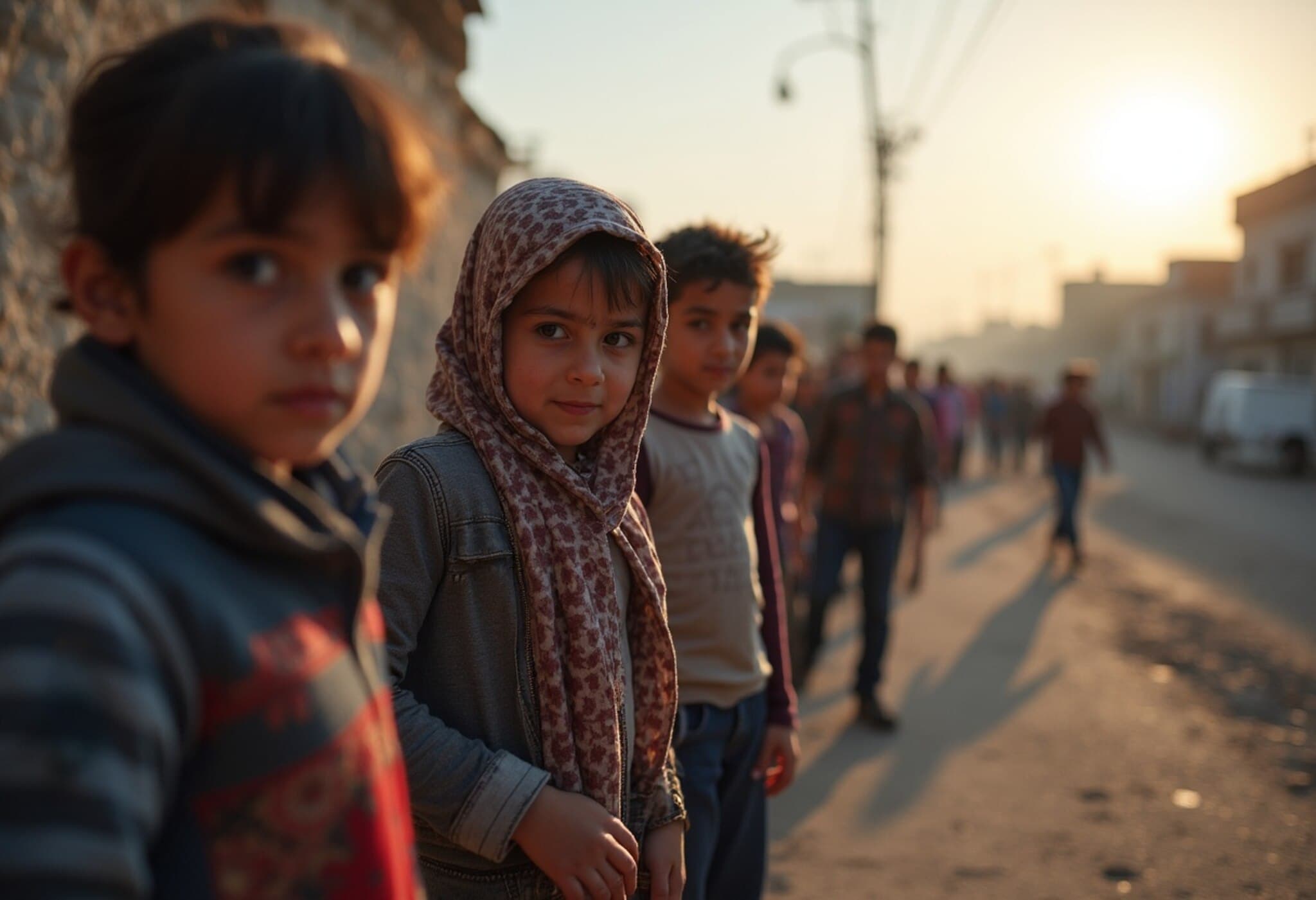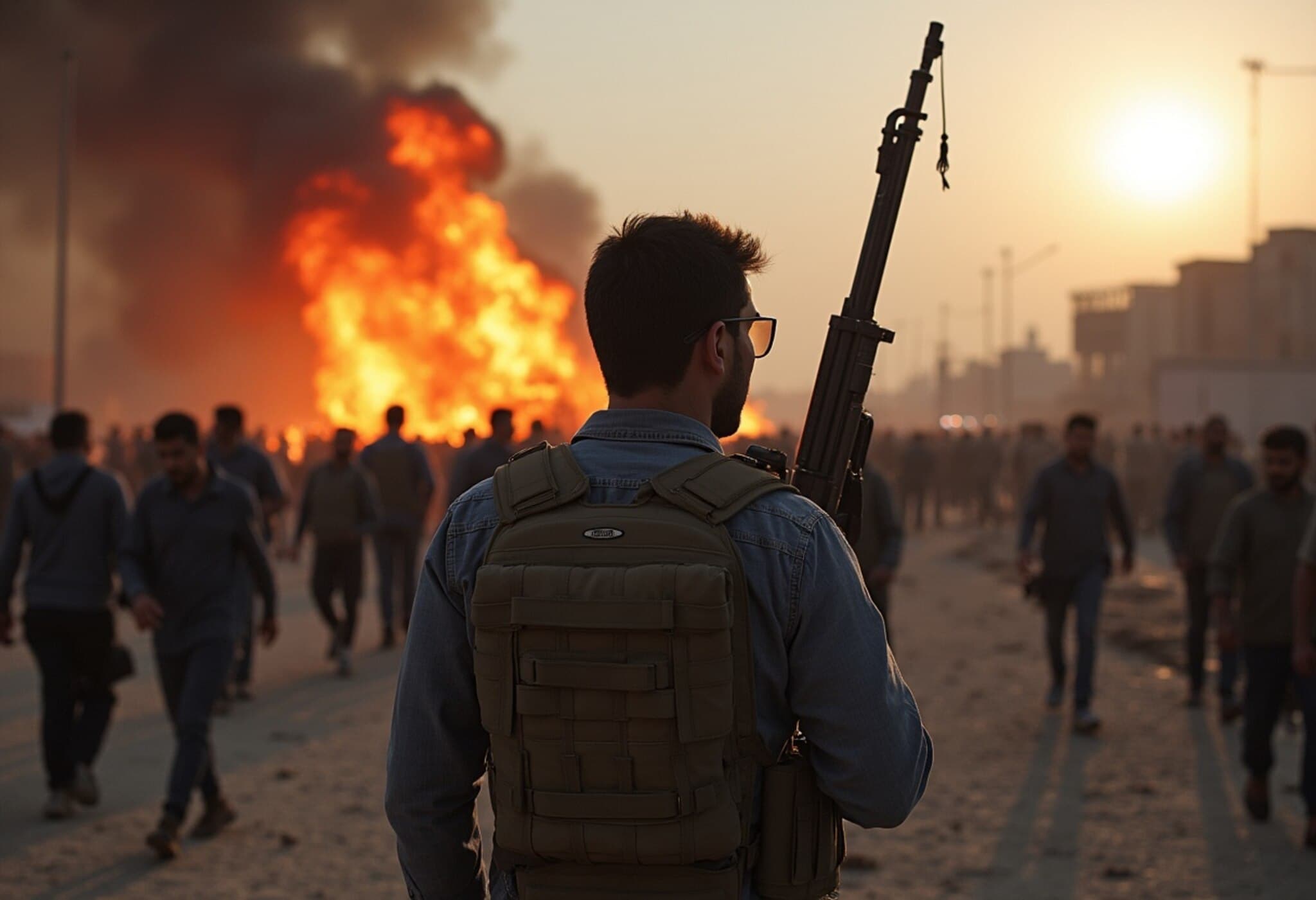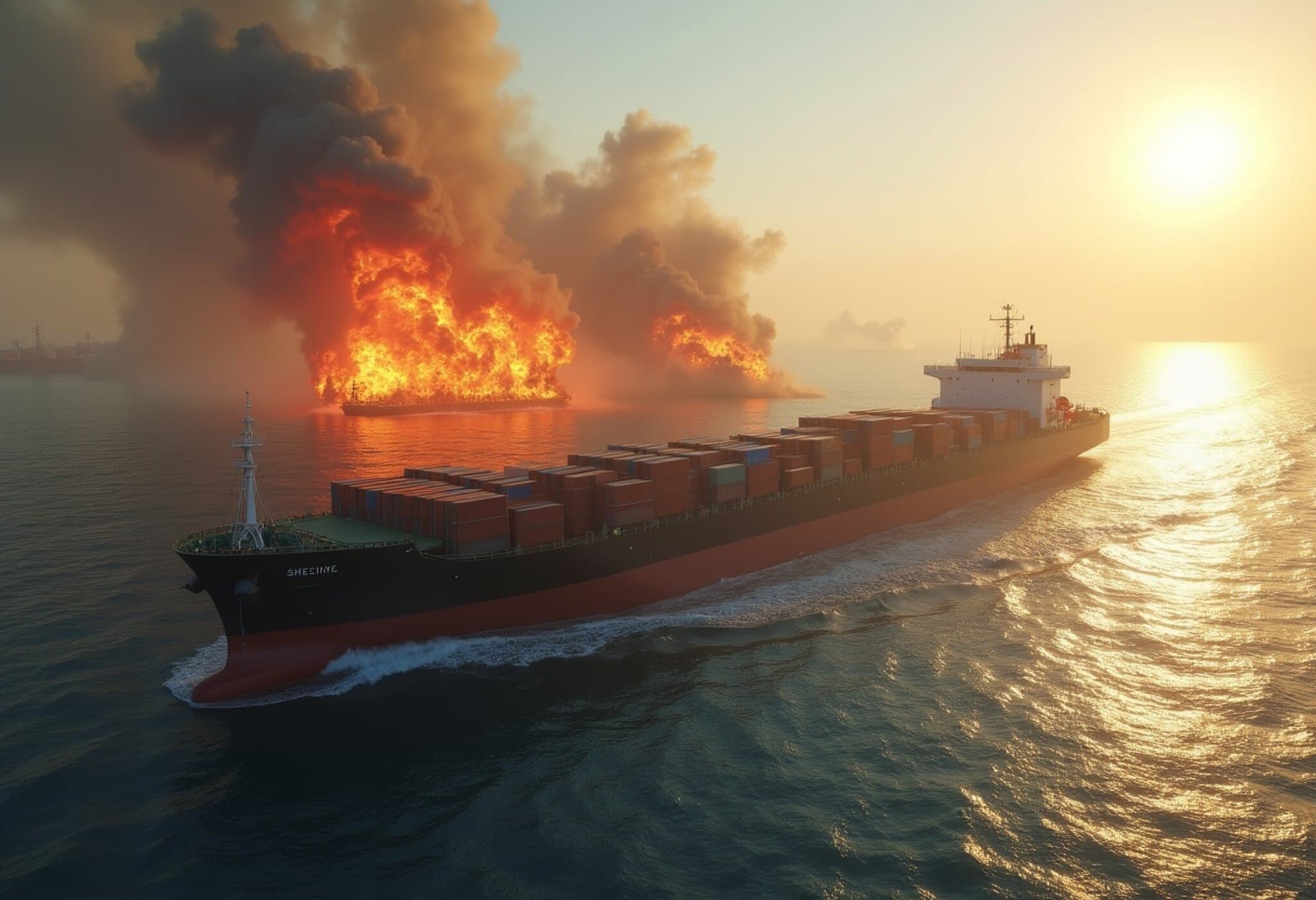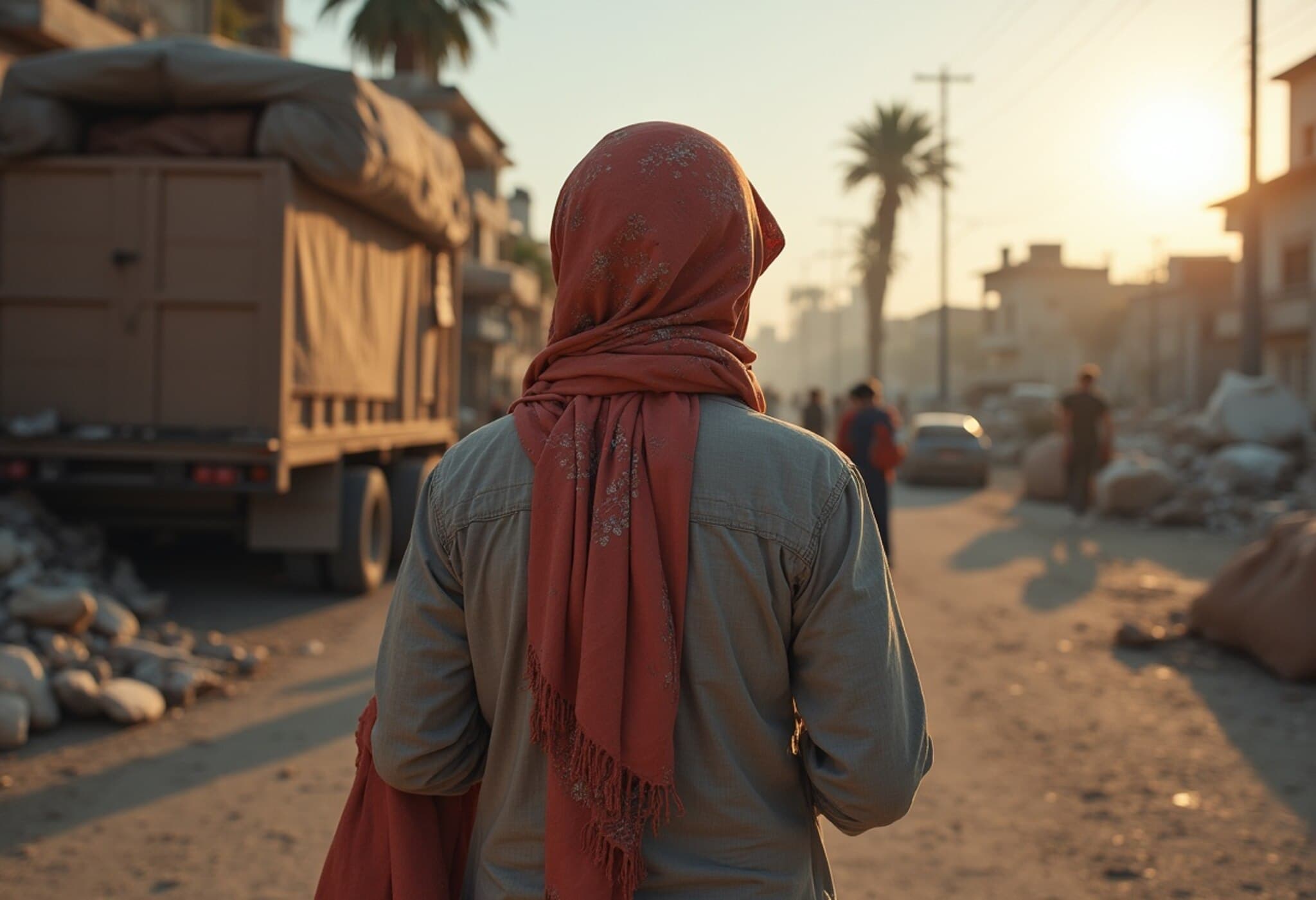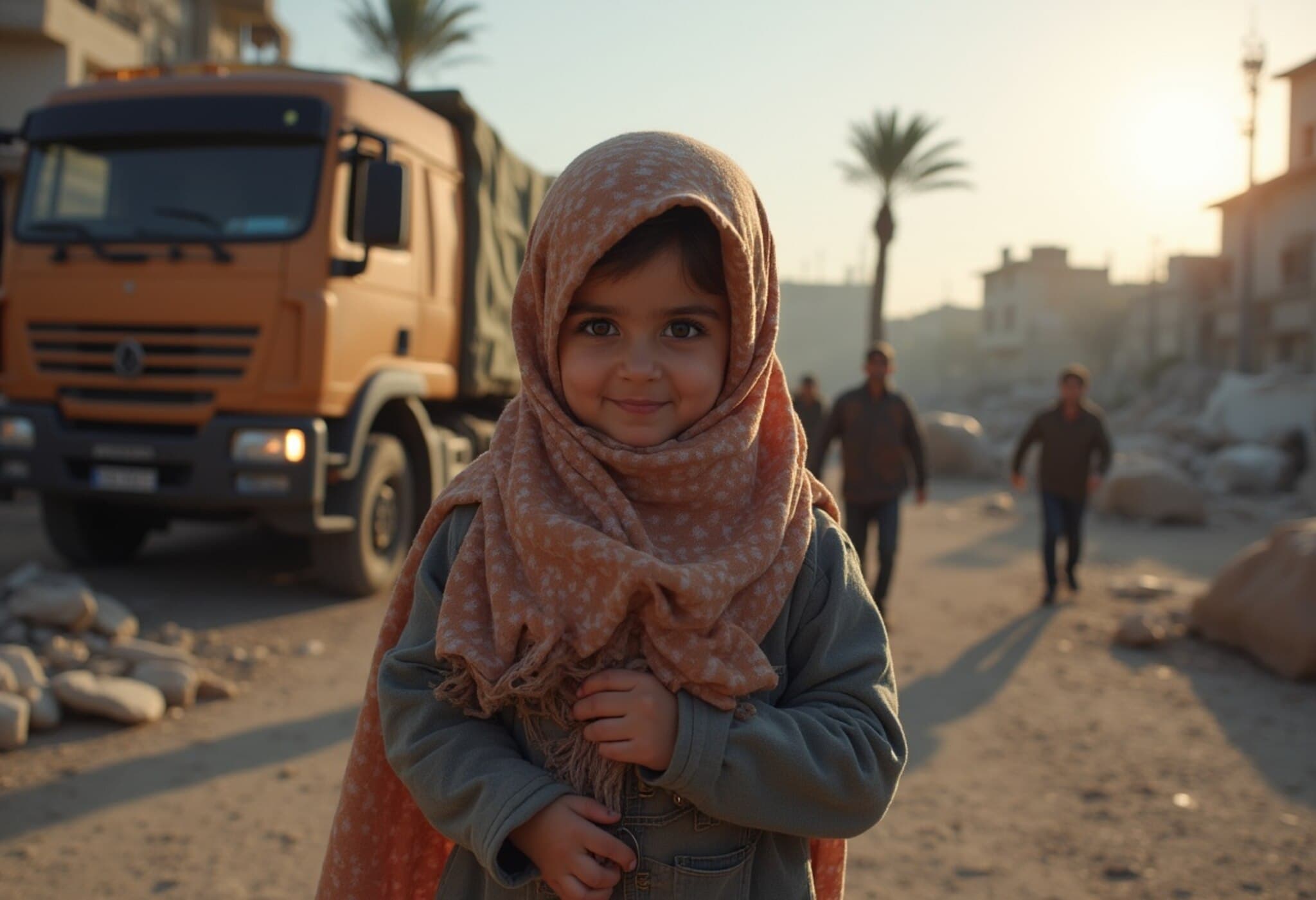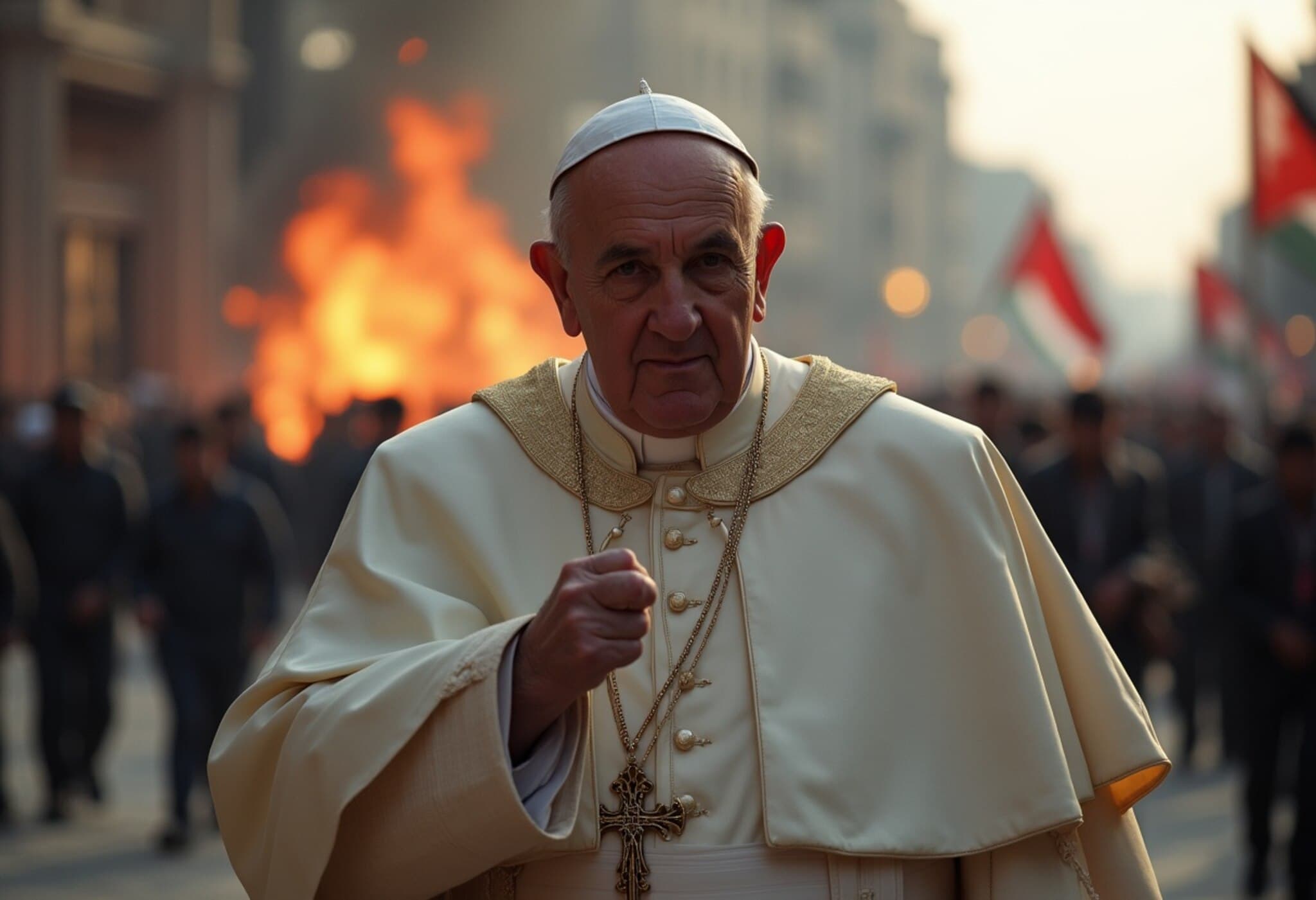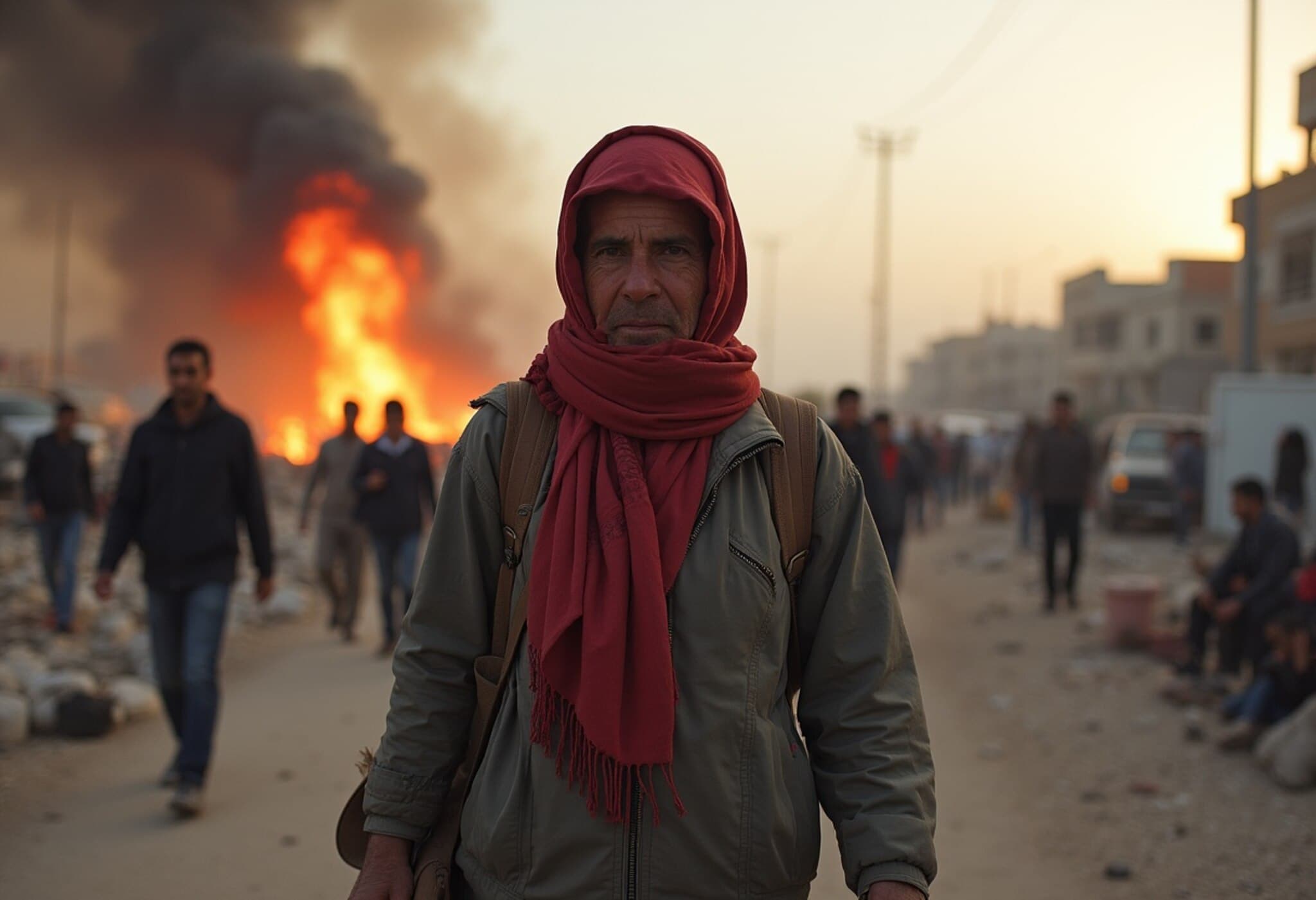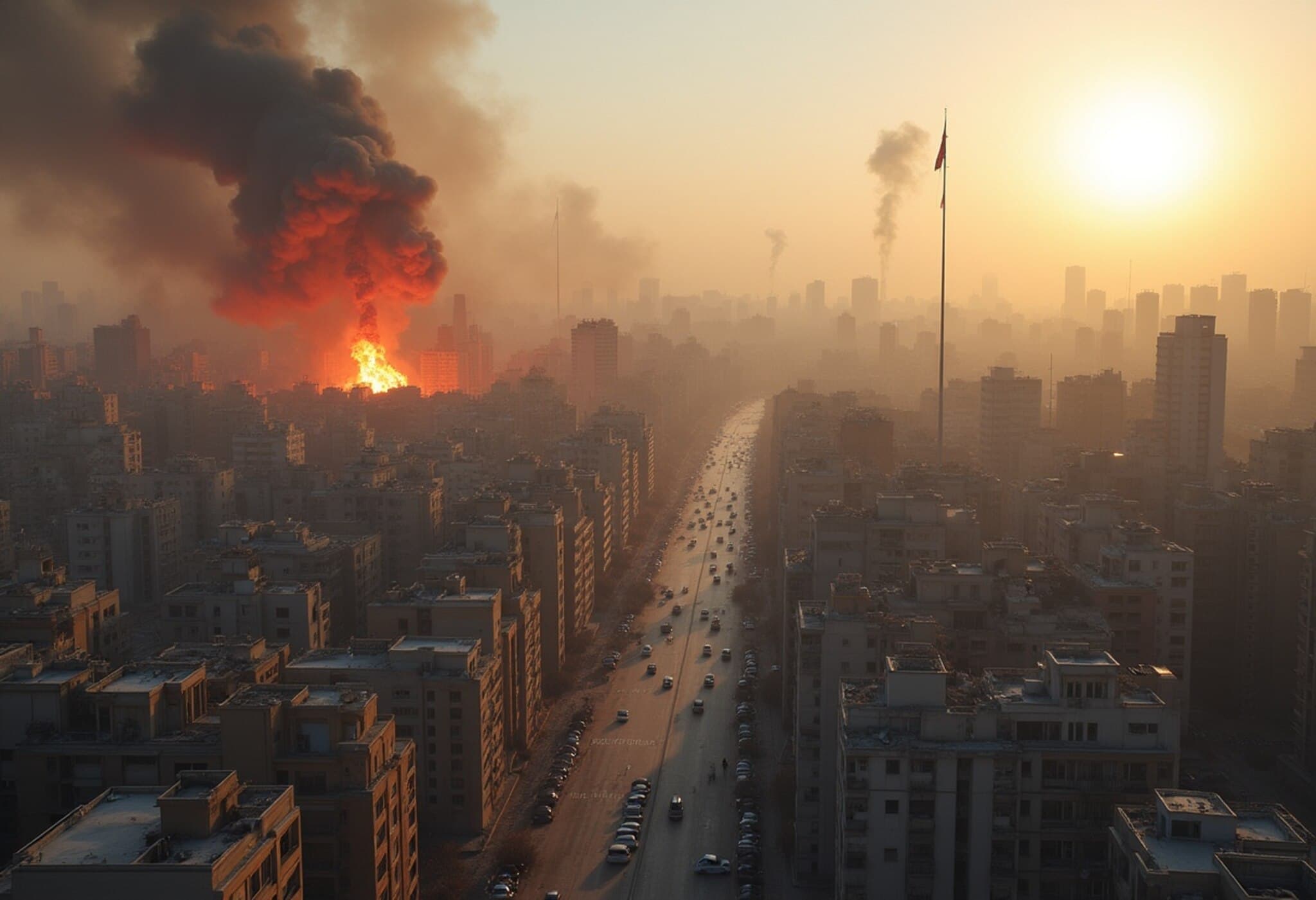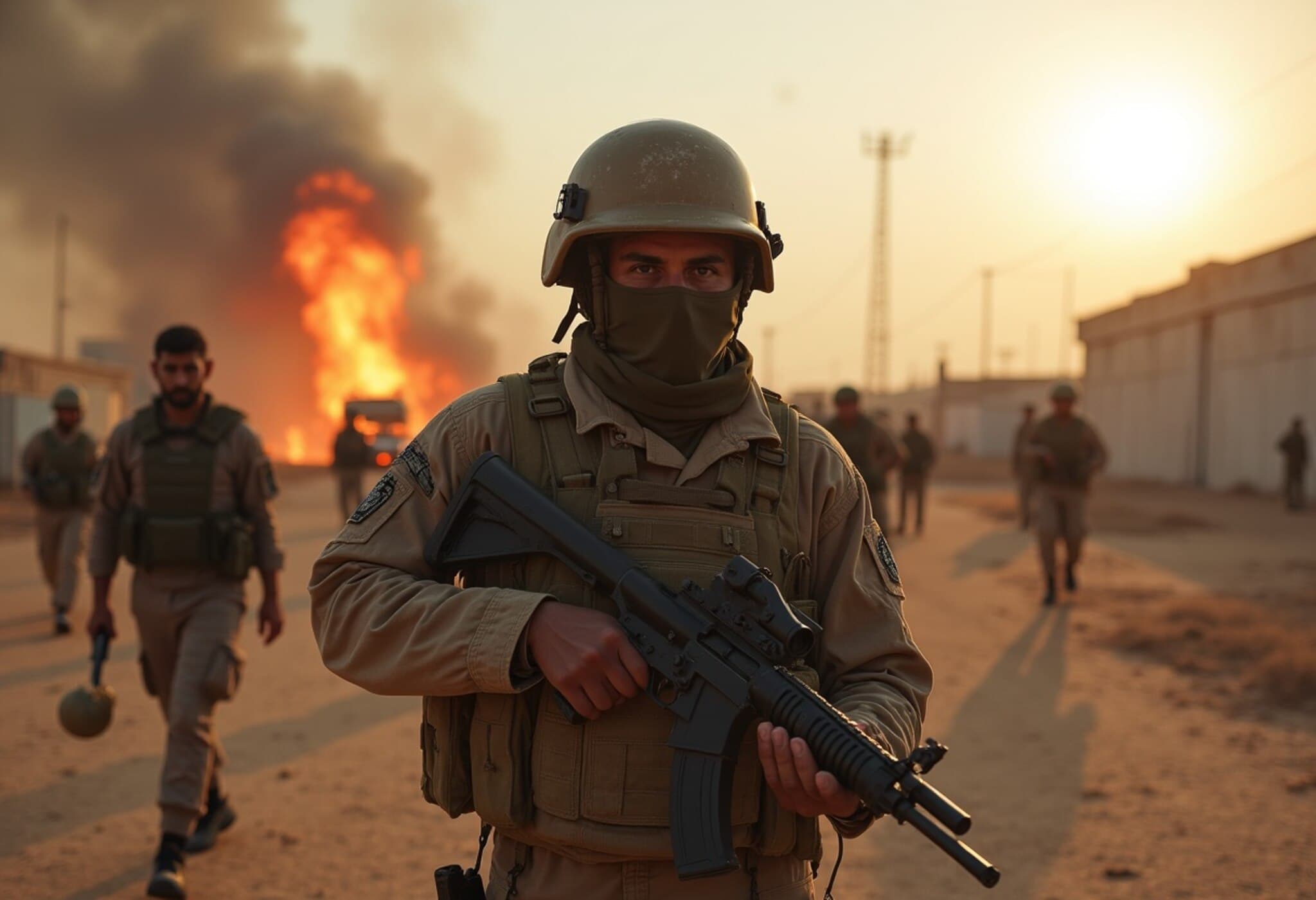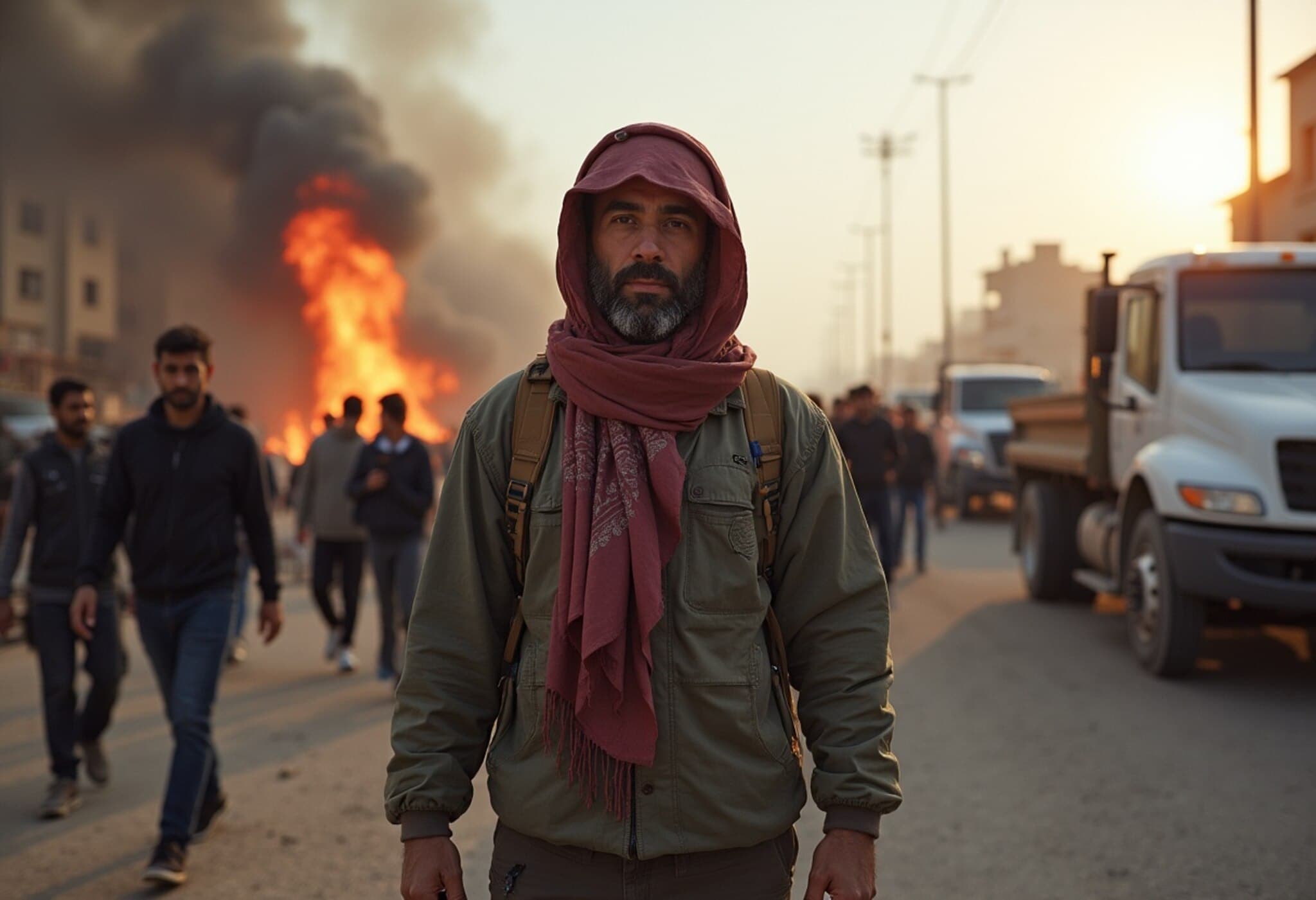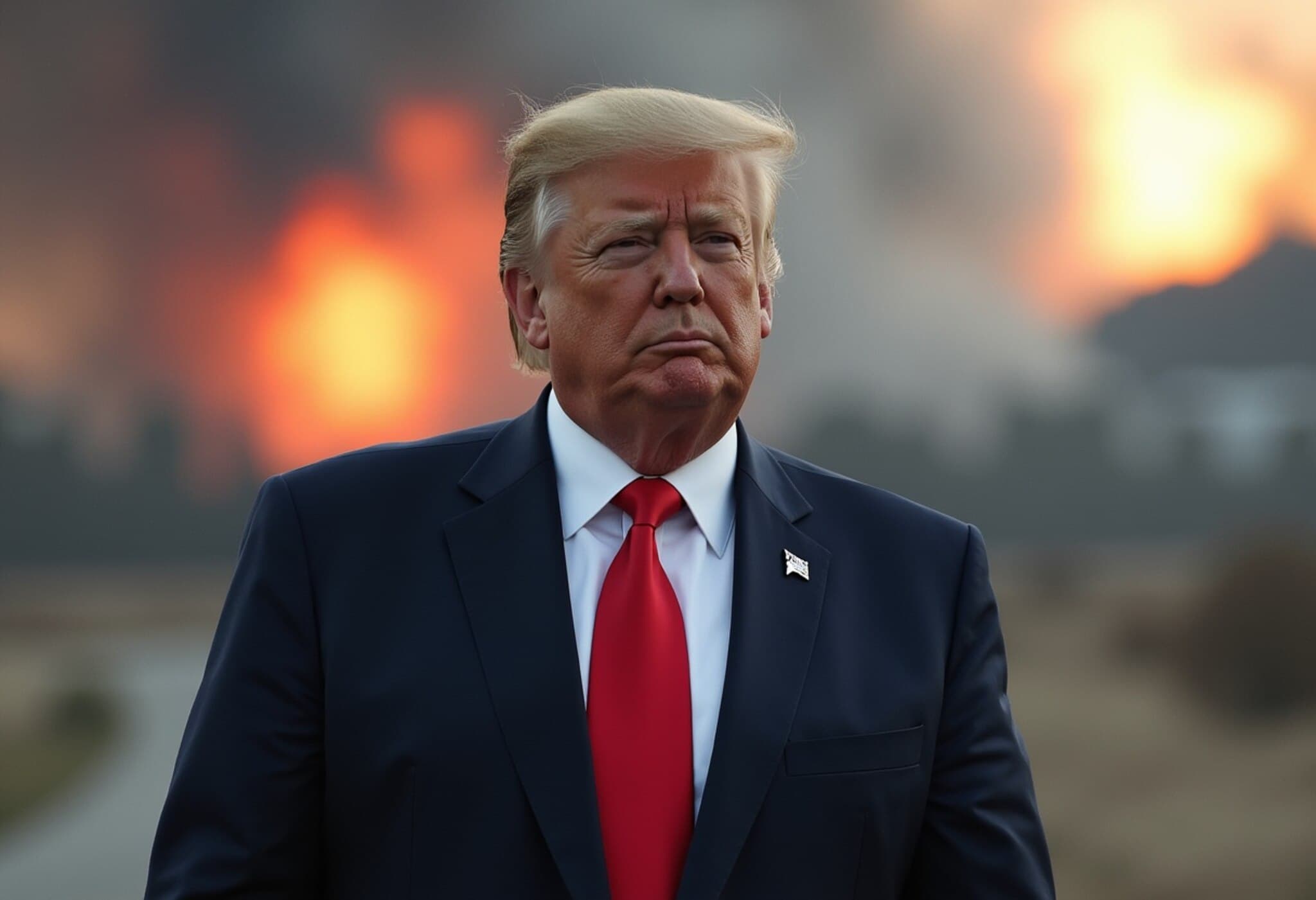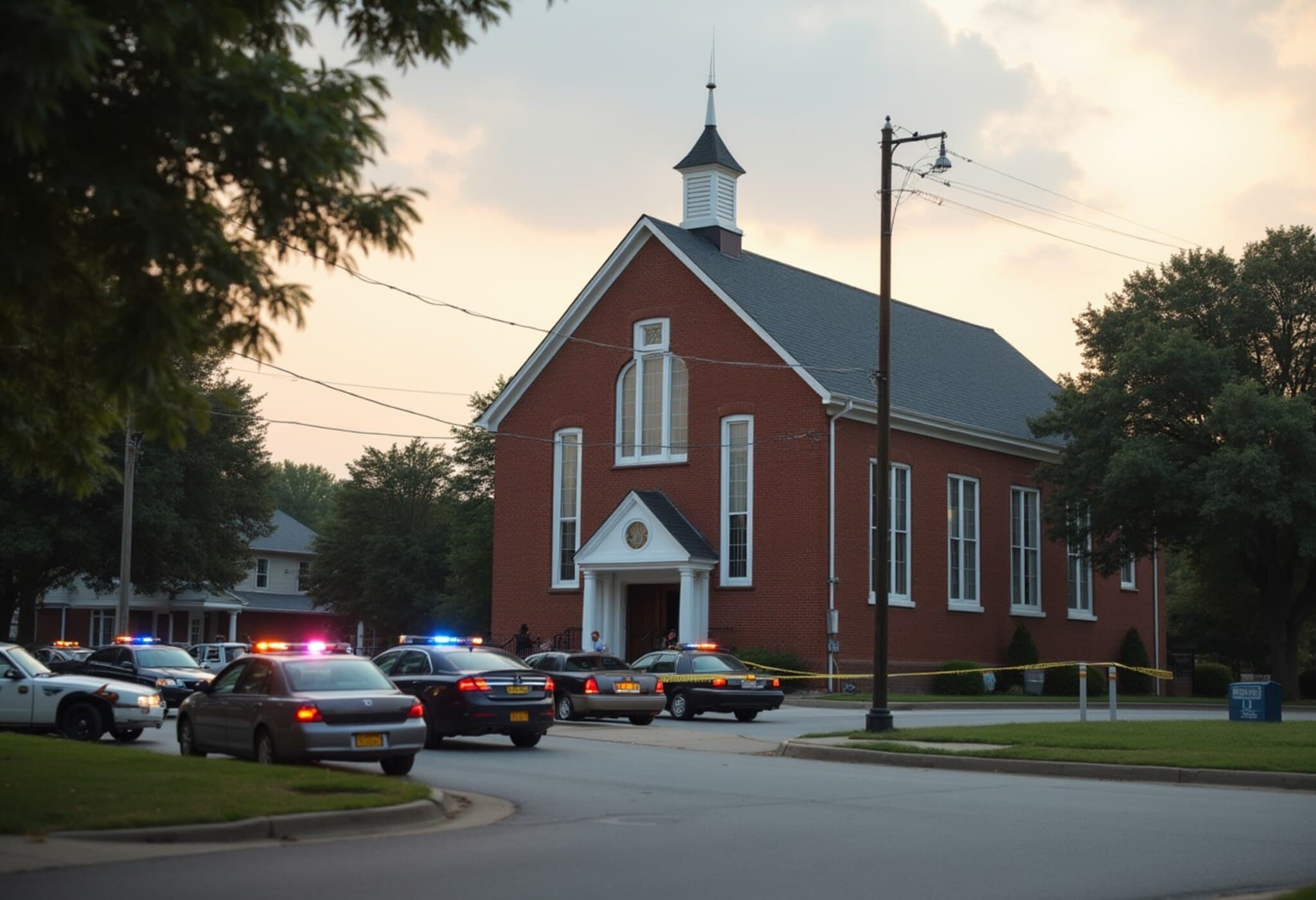Deadly Drone Strike Hits Gaza Water Station, Claims Lives of Six Children
In a heart-wrenching incident on Sunday, an Israeli drone strike targeted a water station in the Gaza Strip, resulting in the death of 10 Palestinians, including six children, who were waiting their turn to fill water containers. The strike took place in the al-Nuseirat refugee camp, central Gaza, where dozens had gathered amidst dire humanitarian conditions.
Eyewitness Accounts Reveal Harrowing Details
Local resident Ramadan Nassar told reporters that around 20 children and 14 adults had queued next to a water tanker when the drone fired a missile. The missile struck the group, causing immediate casualties. Severely injured survivors, including seven children, were rushed to al-Awda Hospital in Nuseirat for treatment.
Israel Defense Forces Admit ‘Technical Error’
The Israel Defense Forces (IDF) publicly acknowledged that the strike was the result of a “technical error.” They stated that the intended target was an Islamic Jihad operative but a munition was mistakenly dropped several meters away from the target, tragically hitting civilians instead.
The IDF emphasized their commitment to minimizing civilian casualties during military operations and expressed regret over the unintended loss of innocent lives. They have announced that the incident is currently under review within their command.
Escalating Violence and Civilian Hardship in Gaza
This deadly event is part of a broader pattern, as Israeli aerial assaults across Gaza intensified on Sunday. According to Gaza’s Civil Defence Agency spokesperson, three separate Israeli strikes on residential buildings killed 19 more Palestinians in the city.
The International Committee of the Red Cross (ICRC) highlighted the alarming frequency and scale of mass casualties, underscoring the brutal conditions endured by Gazan civilians caught amid relentless conflict.
Context of the Ongoing Conflict and Failed Ceasefire Talks
These attacks come against the backdrop of stalled ceasefire negotiations between Israel and Hamas. Deep-rooted distrust and conflicting demands have prevented progress toward a ceasefire, further exacerbating the humanitarian crisis and civilian suffering in Gaza.
Unseen Human Tragedies and Global Implications
While headlines often focus on military strategy or political deadlock, the loss of these children — innocents merely collecting water — puts a stark human face on the conflict. Water, a basic necessity, has become a trigger for tragedy, reflecting the profound scarcity and insecurity faced daily by Palestinian civilians.
- Key considerations: How can international bodies better ensure civilian protection amid advanced military technologies like drones?
- Legal questions: What accountability mechanisms exist to investigate and prevent such “technical errors” leading to civilian deaths?
- Policy focus: The critical need for humanitarian corridors ensuring safe access to essentials like water in conflict zones.
Experts warn that without urgent humanitarian intervention and renewed diplomatic efforts, Gaza’s civilians will remain trapped in a cycle of violence and deprivation, with tragic outcomes repeating.
Editor’s Note
This incident not only highlights the devastating human cost of modern conflicts but also raises pressing ethical and legal questions about the use of drone warfare in densely populated civilian areas. As global awareness grows, so does the call for transparent investigations and reinforced safeguards to protect vulnerable populations. The international community faces a crucial test: can humanitarian imperatives overcome the entrenched political and military stalemates that perpetuate such tragedies?

